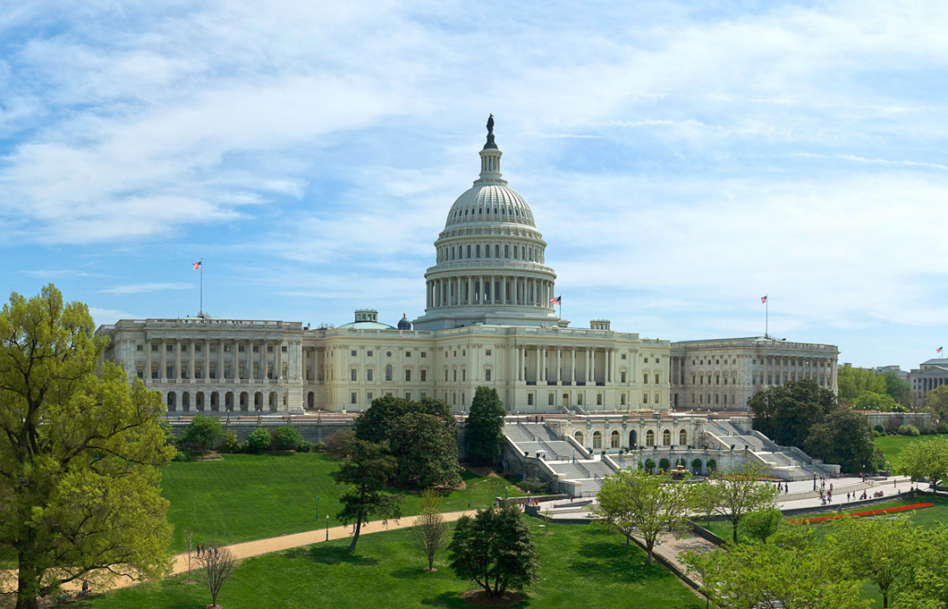Hours after the White House released its plan for regulating novel commercial space activities, the House Science, Space, and Technology Committee considered its own proposal—and to the surprise of no one, the plans look pretty different.
Congress’ take: The House committee met Wednesday morning to mark up HR 6131, better known as the Commercial Space Act of 2023. The bill would designate the Commerce Department’s Office of Space Commerce as the “single authority” for authorizing and supervising novel space missions outside of spectrum, which the FCC would handle, and launch, which the FAA would oversee.
Lawmakers approved six amendments to the bill, including plans for a study on space traffic coordination and the ability to issue a waiver to further streamline the launch licensing approval process.
But the committee did not hold a final vote to approve the overall bill and send it to the floor, postponing further consideration of the bill until after Thanksgiving “because of the nature of the votes today on the floor and the nature of additional information that has become available to us and members in certain cases being unable to get to the committee room on time,” Chairman Frank Lucas (R-OK) said.
Wait, wait: Though the delay seemed due at least in part to logistical and scheduling hurdles, Democrats urged members to wait on approving the bill until lawmakers had time to consider and review the plan from the White House’s National Space Council that had been released earlier Wednesday.
“I don’t necessarily assume that the administration’s proposal is superior, but I do think we need to consider both options before taking action,” Ranking Member Zoe Lofgren (D-CA) said.
White House plan: The National Space Council’s proposed bill, which has been in the works for about a year, would split authorities between the Transportation and Commerce Departments.
- The Department of Transportation, or more precisely, the FAA’s Office of Commercial Space Transportation, would be in charge of keeping people safe in orbit, aboard commercial space stations, and on or around the Moon or another planet. It would also have authority to regulate in-space transportation of goods, like fuel, from one point to another in space.
- The Commerce Department would be responsible for overseeing all uncrewed novel space activities, such as space debris removal missions and in-space manufacturing.





